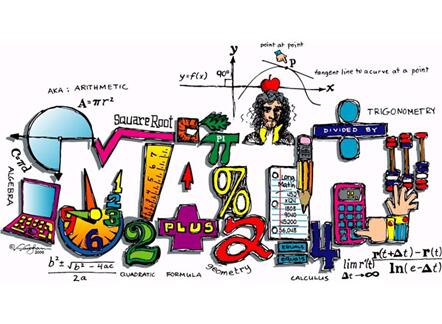Grade 6 Competencies
Reading Literature - Students will comprehend and draw conclusions about the author’s intent when reading a variety of increasingly complex print and non-print literary texts, citing textual evidence to support their analyses, with a focus on text structure; theme; character development; plot elements; development of tone; and point of view.
Reading Informational- Students will comprehend and draw conclusions about a variety of increasingly complex print and non-print informational texts, citing textual evidence to support their analyses, with a focus on central idea; supporting details; author’s purpose and point of view; text organization; comparing/contrasting; and tracing arguments and claims.
Speaking, Listening, and Language Conventions - Students will initiate and participate effectively in speaking-listening for a variety of formal and informal purposes and audiences, responding respectfully to diverse perspectives and expressing ideas clearly and purposefully. Oral presentations will address audience/purpose using a variety of enhancements. Students will use grade-appropriate grammar/mechanics when speaking.
Narrative Writing - Students will write narratives to develop real or imagined experiences or events using effective technique, relevant descriptive details, and well-structured event sequences. With some guidance and support, students will develop and strengthen writing by planning, revising, editing, and rewriting to produce clear, coherent narratives appropriate to task.
Informative/Explanatory Writing - Students will write texts to examine a topic and convey ideas, concepts, and information through the selection, organization, and analysis of relevant content. With some guidance and support, students will develop and strengthen writing by planning, revising, editing, and rewriting to produce clear, coherent informative writing appropriate to task.
Argument Writing - Students will write arguments to support claims with clear reasons and relevant evidence. With some guidance and support, students will develop and strengthen writing by planning, revising, editing, and rewriting to produce clear, coherent arguments appropriate to task.
Inquiry, Investigation, and Research - Conduct short research projects to answer a question, drawing on several sources and refocusing the inquiry when appropriate. Gather relevant information from multiple print and digital sources; assess the credibility of each source; and quote or paraphrase the data and conclusions of others while avoiding plagiarism and providing basic bibliographic information for sources. Draw evidence from literary or informational texts to support analysis, reflection, and research.
Critical Inquiry & Analysis - Students will be able to explain and use a variety of historical sources, documents, maps, and visuals.
Research & Communication - Students will create compelling questions, determine appropriate sources, and gather information to support the compelling question.
Geography - Students will utilize the 5 Themes of Geography to analyze and explain the physical and human world.
Economics - Students will be able to explain how economic decisions and innovation impact society.

Ratios & Proportions - Students will make use of structure to describe and compare situations that involve ratios or patterns of proportionality, require manipulation of measurement units, and use the information to make conjectures and justify conclusions/solutions.
Number Systems - Students will expand their understanding of number systems, thinking flexibly and attending to precision and reasonableness when solving problems using rational numbers.
Expressions & Equations - Students will reason abstractly and manipulate symbolic expressions to represent relationships and interpret expressions and equations in terms of a given context for determining an unknown value.
Geometry - Students will solve problems involving reasoning using properties of 2- and 3- dimensional shapes to analyze, represent, and model geometric relationships in authentic applied contexts.
Data, Statistics, & Probability - Students will design investigations and gather data involving populations that allow them to draw conclusions and make observations about the attributes for which data is collected.

Matter and Energy - Through a variety of investigations, students develop an understanding of light and matter interactions, focusing specifically on how thermal energy transfer affects the motion, temperature, and state of matter.
Climate and Earth Cycles - Students will develop an understanding about Earth's dynamic systems by exploring the interconnectedness of weather, climate, and the water cycle, how tectonic plate movements and the rock cycle shape the Earth's surface, and how to understand and prepare for natural hazards.
Cells and Systems - Students develop and understanding that the body is composed of cells, and that these cells work together to enable bodily functions.
